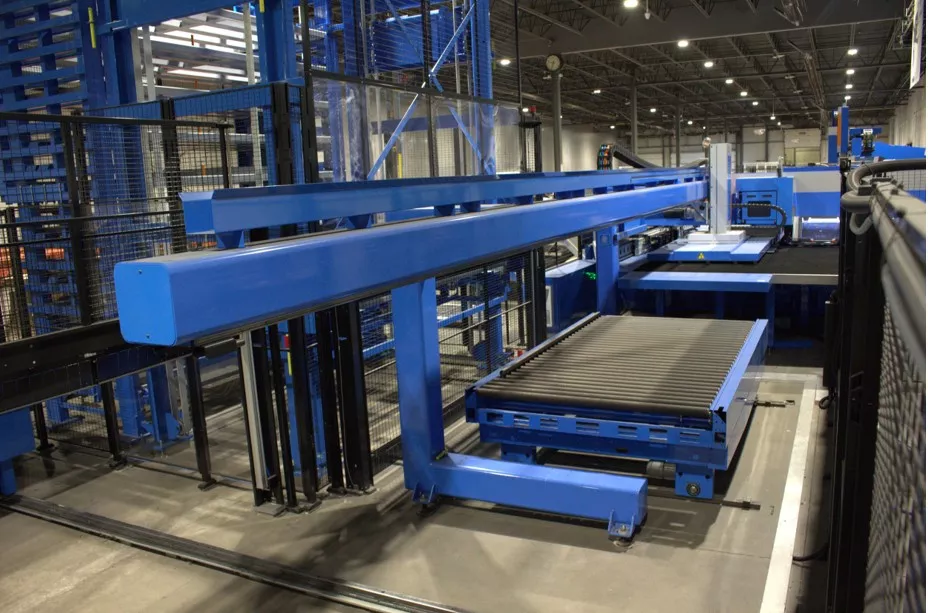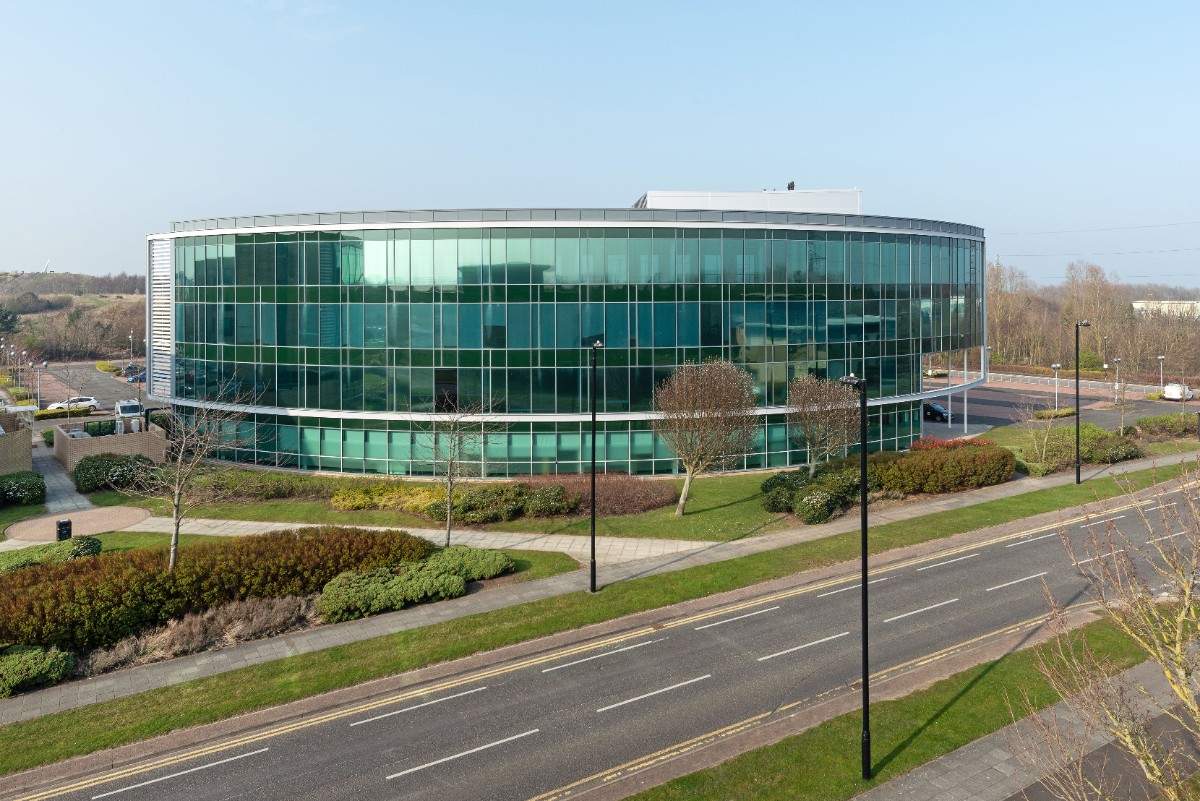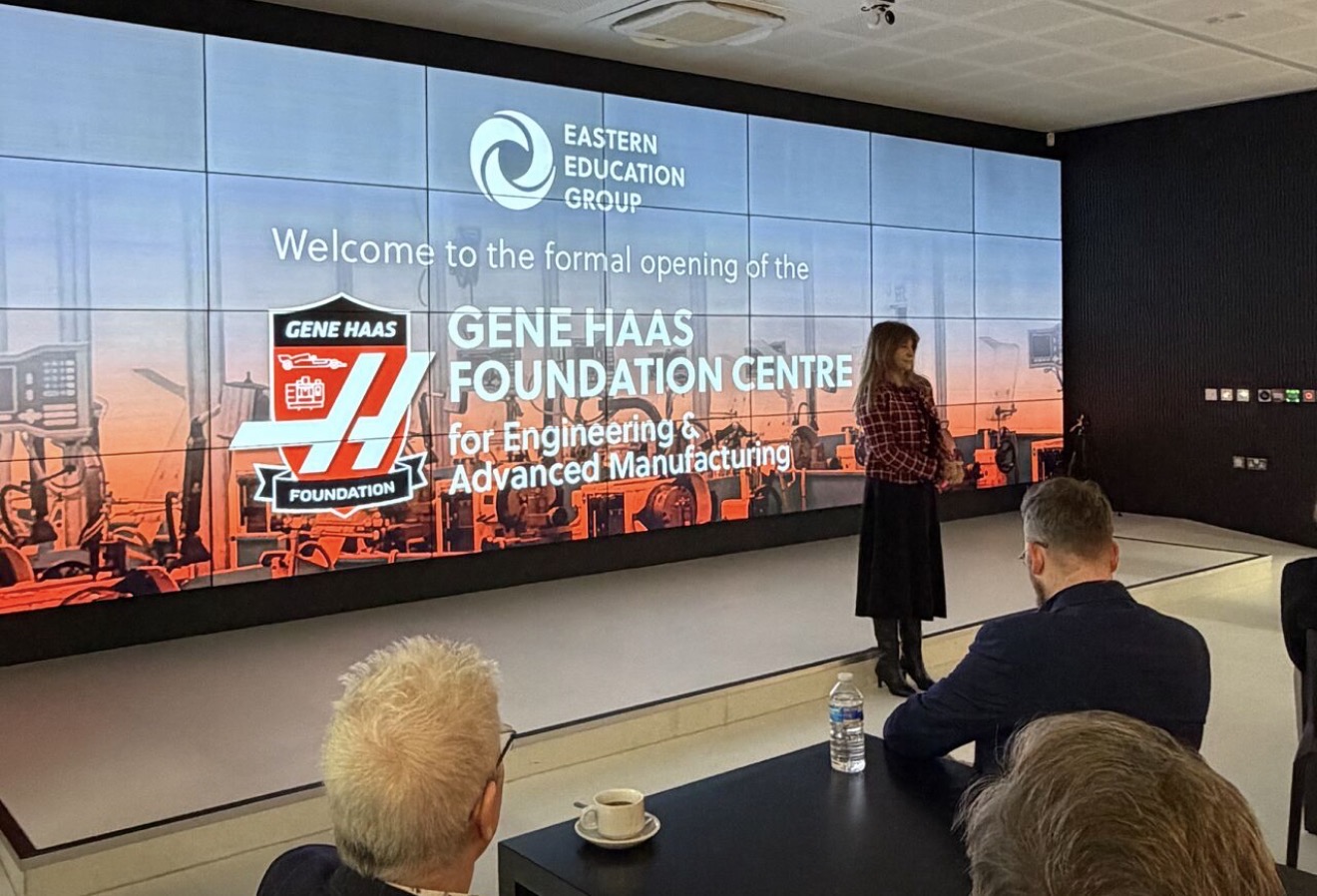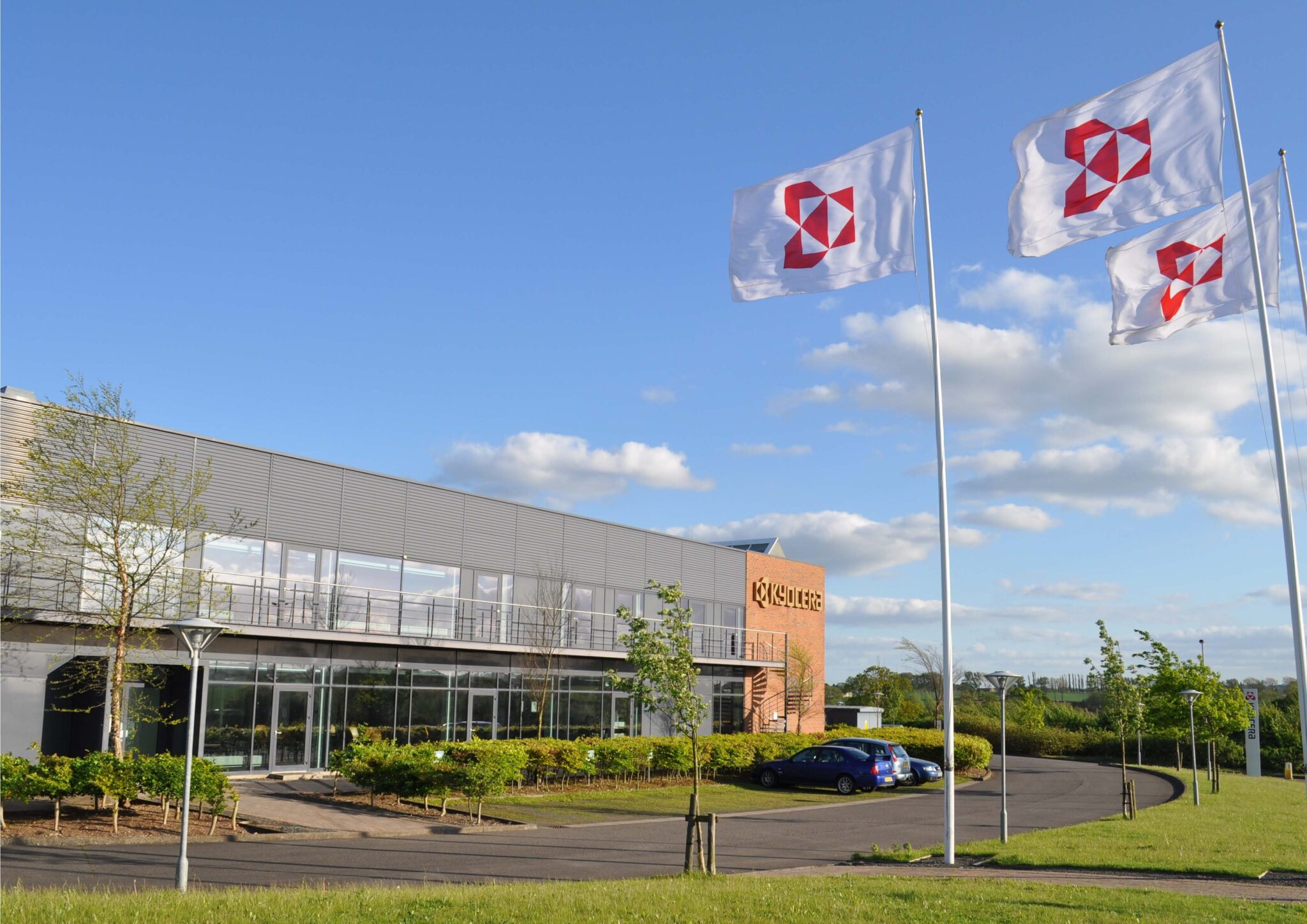Sustainability with purpose: Powdertech’s sustainability partnerships drive real change
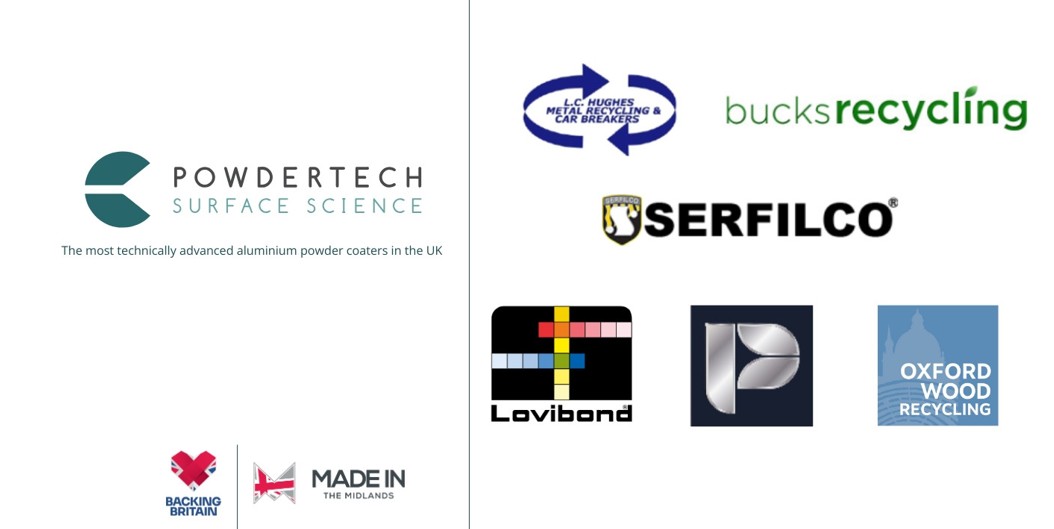
Powdertech takes accountability for efficient waste recycling, energy conservation and is committed to making its entire operation more sustainable. Beyond standard recycling streams, the company partners with specialist organisations to handle materials such as metal, wood and even waste powder responsibly.
The partnership goes beyond sustainability: it’s also an ethical commitment to supporting local businesses and charities. With the backing of its sustainability partners, including LC Hughes Partnership, Oxford Wood Recycling, Lovibond Water Testing UK, Bucks Recycling, SERFILCO, Plastratum and Sirfilco International, Powdertech remains consistently motivated to improve and push the boundaries of responsible practice.
Powder waste, a traditionally hazardous waste stream, is generally disposed of via specialist contractors and processed at a landfill. For this, they have been able to partner with Bucks Recycling, which assists in finding ways of processing non-hazardous waste and organises a disposal route into the energy reclamation sector.
For metal recycling, Powdertech is in partnership with a local family-owned firm in Bicester,LC Hughes Partnership, which specialises in metal reclamation and recycling. The partnership helps to support local employment and minimises transport mileage.
Oxford Wood Recycling, a registered charity based in Oxford for wood recycling, offers a service of collection, sortation and repurposing via its online store, or processing into the agricultural or energy reclamation sectors. The charity can process almost any form of wood on-site with minimal impact to a business operation.
To manage wastewater, Powertech partners with Sirfilco International, Plastratum, and Lovibond to create a system to manage and treat the wastewater stream. The partners provide a high-specification system that caters to everything from tank-by-tank testing, continual flow and batch filtration of process water – capturing contaminants in solid form for disposal – to final processing of end-of-life chemicals.


